The law provides the most complete and clear regulations on domestic solid waste management.
Effective management of domestic solid waste is a requirement that is being raised, because it is directly related to people's health, economic development and the goal of building a circular economy. In response to this practical requirement, the Law on Environmental Protection 2020, which took effect from January 1, 2022, has provided the most complete and clear regulations on domestic solid waste management compared to previous laws.
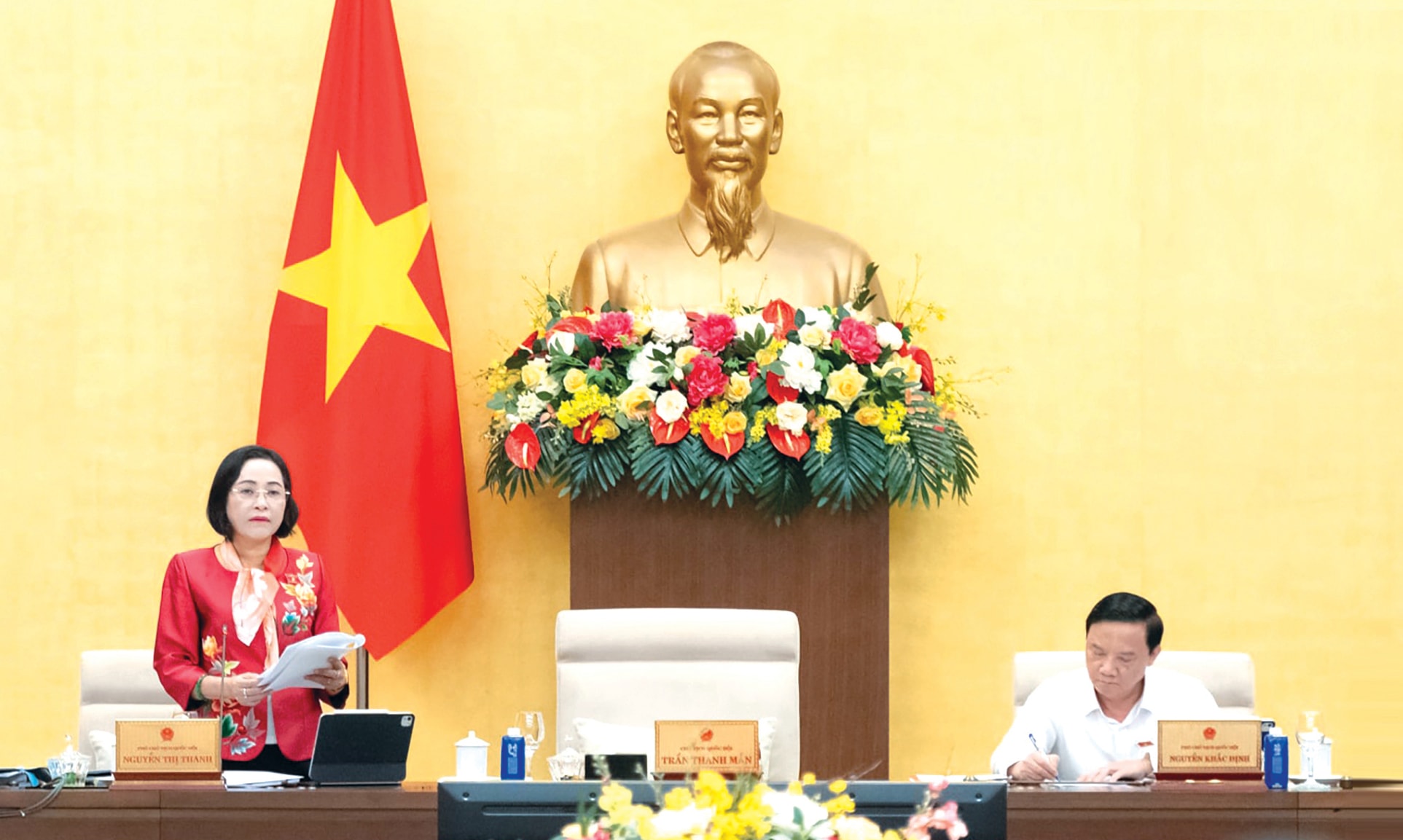
Based on reports from the Government , ministries, branches, localities, results of working sessions, field supervision, seminars, and consultations with experts, the National Assembly's Supervisory Delegation "Implementation of policies and laws on environmental protection since the Law on Environmental Protection 2020 took effect" also recorded many positive results in this work.
Accordingly, the system of standards (TCVN) and national technical regulations (QCVN) on the environment continues to be reviewed, updated, and approached the international level. From 2022 to now, 41 QCVN, 61 TCVN and 4 economic and technical norms in the field of environmental protection have been issued, contributing to promoting the treatment of domestic solid waste.
The rate of waste collection and treatment has increased over the years; waste management has seen many changes, waste recycling and reuse have been enhanced, and landfilling has been reduced. Investment activities in installing automatic wastewater monitoring equipment, continuously transmitting data directly to state management agencies on environmental protection have received strong attention and investment from localities and organizations. Many models of urban, rural areas, industrial parks, craft villages, and ecological, environmentally friendly production facilities have appeared.
Since the Law on Environmental Protection 2020 came into effect, the Monitoring Team also noted that localities have been gradually building waste treatment infrastructure with recycling technology, combined treatment technology with energy recovery instead of burying domestic solid waste. Many localities have applied new, advanced technology to treat domestic solid waste after classification, making the most of the resource value of waste, contributing to the development of a circular economy. Pilot implementation of calculating collection, transportation and treatment service prices based on weight and volume.
However, the Monitoring Results Report also frankly pointed out that many localities have not yet issued or have issued documents within their assigned authority (regulations on classification of domestic solid waste at source and collection and treatment service prices; environmental protection policies for industrial parks and industrial clusters; roadmap for implementing regulations on environmental safety distances).
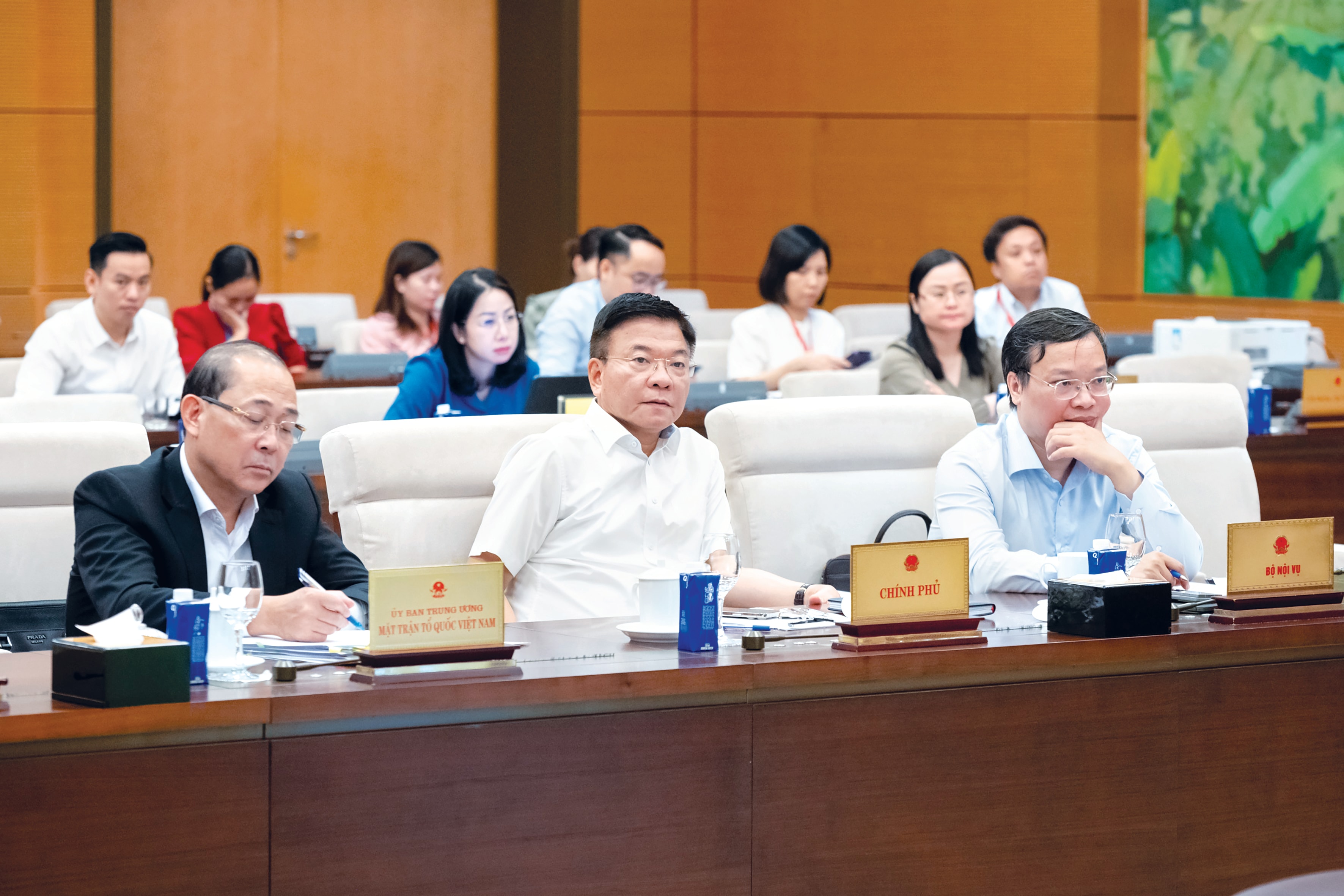
The technical infrastructure for solid waste treatment is still backward, direct burial still accounts for a high proportion (62%), many landfills are unsanitary and do not meet environmental requirements. The implementation of solid waste classification in households and individuals nationwide is still very slow and ineffective due to the lack of synchronous classification, collection and treatment infrastructure.
Although the Law on Environmental Protection 2020 and guiding documents have regulations on the collection of specific waste (electronics, batteries, solar panels) associated with the manufacturer's recycling responsibility (EPR), in reality, the collection and recycling infrastructure for these types of waste is still limited.
It is necessary to pilot the construction of domestic waste treatment plants in big cities.
Commenting on the Monitoring Results Report, Vice Chairwoman of the National Assembly Nguyen Thi Thanh also emphasized that the story of circular economy is no longer a new discovery, but has become a common reality in many countries. In many developed countries, waste is not only used to produce electricity but also becomes raw materials to produce consumer products, and has truly become an input resource for other economies.
To improve the efficiency of domestic solid waste management, Vice Chairwoman of the National Assembly Nguyen Thi Thanh suggested that in the medium and long term solutions, it is necessary to consider maintaining the target of building sanitary landfills. Because it is very difficult to ensure sanitation when burying domestic waste, not to mention that implementing the process of closing a full landfill is also a big problem, otherwise it will affect the surrounding residential areas. "The government needs to choose large cities to invest in a number of waste plants that not only generate electricity but can also create other products, creating a breakthrough in waste treatment and environmental protection," the Vice Chairwoman of the National Assembly suggested.
To effectively handle domestic solid waste, Chairman of the Committee for Culture and Society Nguyen Dac Vinh said that it is necessary to implement synchronous solutions, from perfecting the legal corridor for waste treatment projects in the direction of both burning waste and converting it into other products such as electricity, construction materials... Along with that, it is necessary to pay attention to planning, researching technological innovation, having policies to attract social capital... especially persistently campaigning to change people's garbage collection behavior - the root of the domestic waste treatment process, good source classification will make the following stages less difficult.
In order to manage domestic solid waste more effectively, the Monitoring Results Report also proposed a system of solutions including: amending relevant regulations in the Law on Environmental Protection 2020; strengthening and diversifying implementation resources; promoting research and application of advanced technologies; applying digital data to smart waste management to improve the efficiency of collection, treatment, promoting recycling and reuse of waste, especially domestic solid waste...
Source: https://daibieunhandan.vn/thuc-hien-dong-bo-cac-giai-phap-nang-cao-hieu-qua-quan-ly-chat-thai-ran-sinh-hoat-10388807.html



![[Photo] Prime Minister Pham Minh Chinh chaired a meeting of the Steering Committee on the arrangement of public service units under ministries, branches and localities.](https://vphoto.vietnam.vn/thumb/1200x675/vietnam/resource/IMAGE/2025/10/06/1759767137532_dsc-8743-jpg.webp)
![[Photo] Prime Minister Pham Minh Chinh chairs a meeting of the Government Standing Committee to remove obstacles for projects.](https://vphoto.vietnam.vn/thumb/1200x675/vietnam/resource/IMAGE/2025/10/06/1759768638313_dsc-9023-jpg.webp)



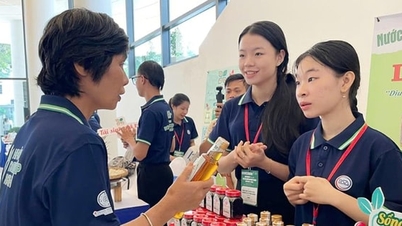

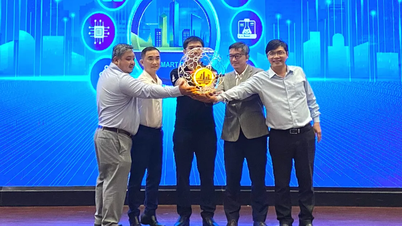

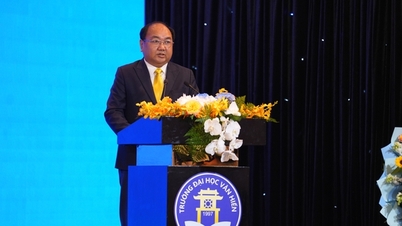

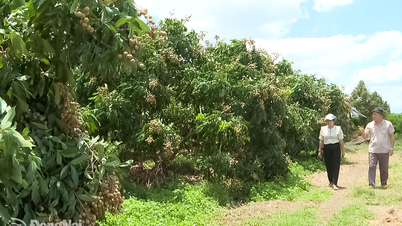

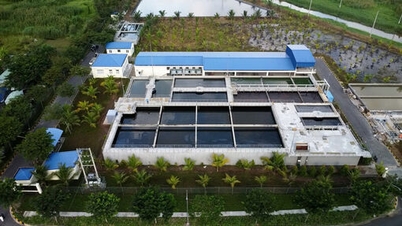

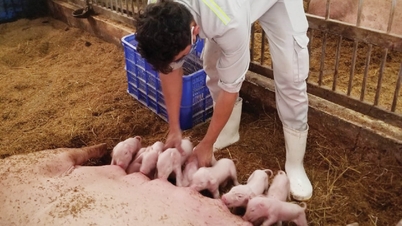







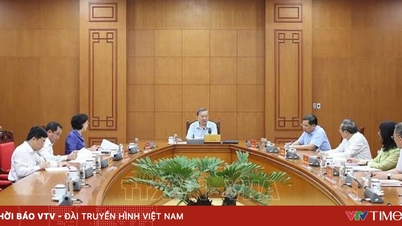

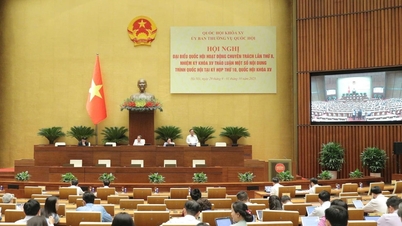





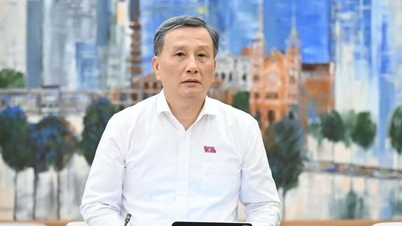


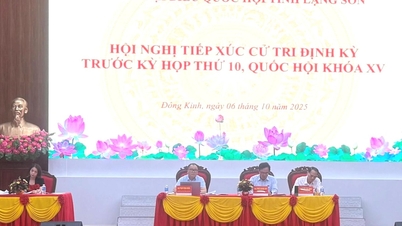
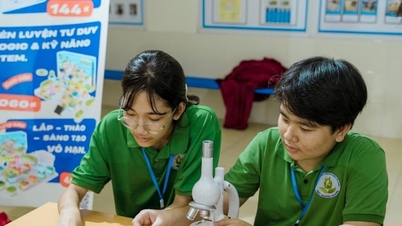





















































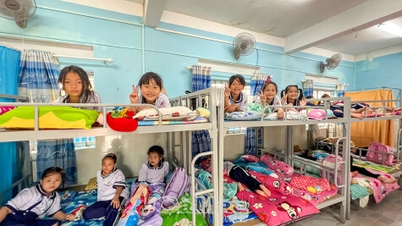

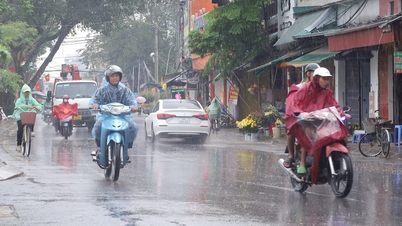













Comment (0)